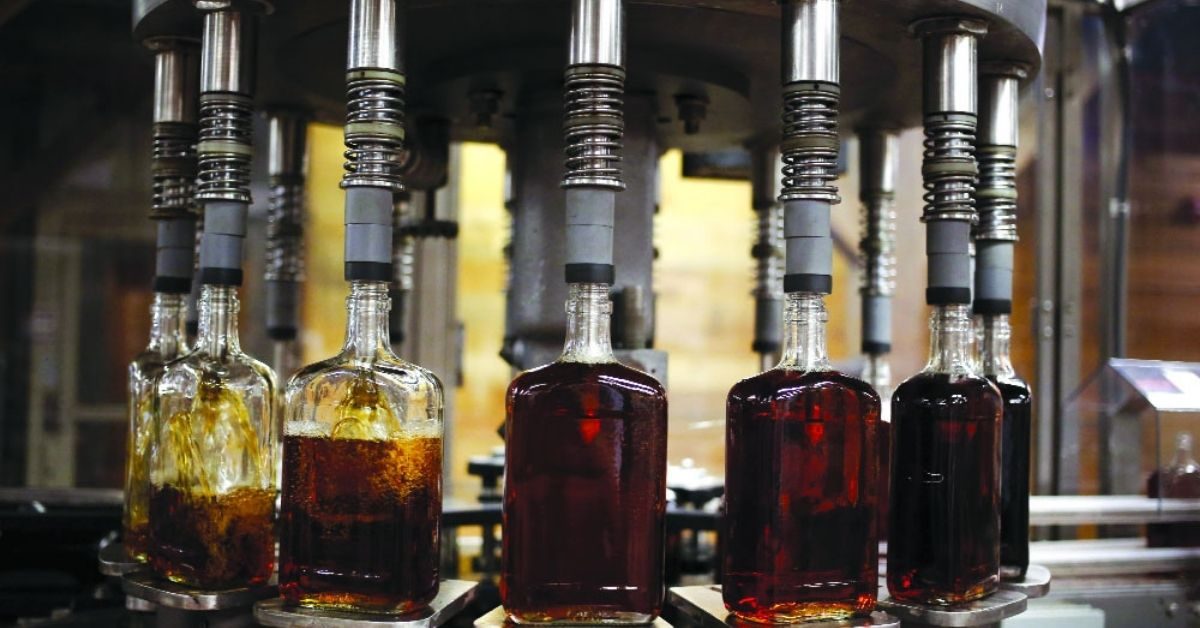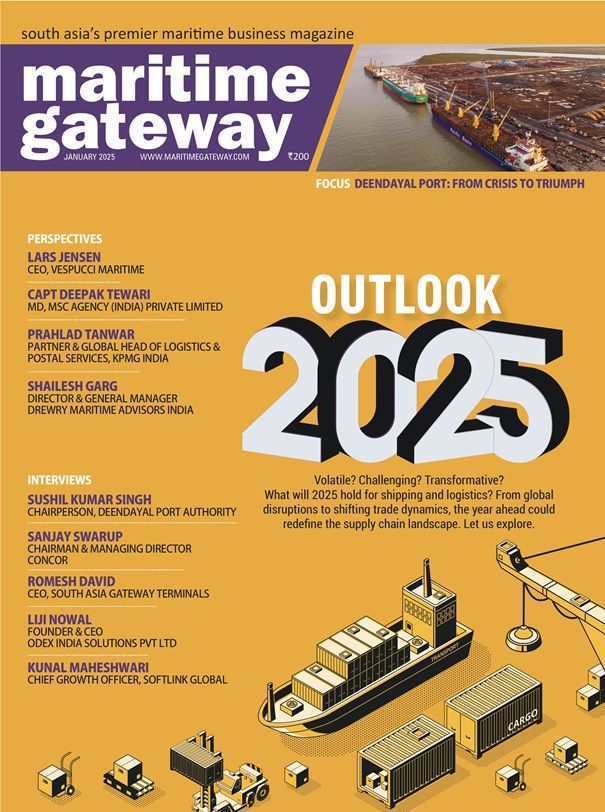In wake of the Indo-UK trade discussions, many ‘experts’ argue for reduction in tariff, particularly slashing custom tariffs on imported Scotch and on ‘Intermediate’ products which they say are nothing but high-strength, potable, undenatured ethyl alcohol used for bottling and blending in India.
They argue on three main grounds. One, that India has a large trade surplus in the category and can afford greater imports; two, customs duty reduction on intermediate products will encourage ‘Make in India’; and three, even if tariff is reduced the bulk of consumption will remain locally produced whiskies — so why bother.
This industry contributes nearly Rs 250,000 crore in taxes and for most states it constitutes 15-30 per cent of revenue. Customs duty is not even Rs 5000 crore in comparison. Second, this industry uses agricultural products as primary raw material and nearly 50 lakh farmers depend on it. It provides employment to 20 lakh people. Any disruption will have widespread ramifications for the government, farmers and labour market.
The problem with the first argument is that it hides the true balance of trade on alcoholic beverages using a wider head of ‘Food and Drinks’. If one separates alcoholic beverages/products for human consumption from the wider clubbing of Food and Drinks, a very different picture emerges.
As per DGFT data for 2018-19, India exports only Rs 5 crore worth of alcoholic products/beverages to the UK, against import of Rs 1300 crore. Clubbing alcohol under a much bigger Food & Drink category to claim favourable balance of trade is highly misleading.
The second argument is also a misconception. Scotch whisky goes through two major stages of productions — distillation and bottling. The ‘Intermediate’ Scotch whisky is actually the output of the first stage, it has been produced and matured in Scotland. What happens in India is only bottling. Therefore, while incentivising Intermediate products through reduced or zero duty will lead to an increase of usage of bottling plants in India, which will be a big loss for Indian farmers and manufacturers.
The third argumentmisses out on three vital points. One, in product categories with multiple price segments like whisky, consumers seamlessly shift to the next category up or down depending on affordability.
So, when a Scotch whisky is sold at a lower price it takes away consumers from products in the price segment, starting a domino effect that makes the domestic industry the net loser. Two, introduction of Scotch whisky at lower price attacks the profit driving end of portfolio of Indian companies, thus jeopardising their viability.Third, Indian premium whiskies like Amrut, Paul John or Rampur are now regarded amongst the best in the world but are unable to make the same headway in the domestic market due to an unsupportive regime and reducing customs duty further just will not help.
Another notion worth dispelling is that Scotch whiskies are costlier to produce. Rather, it costs at least 50 per cent more to produce a whisky of similar quality in India than in Scotland. This is primarily on account of a higher cost of capital and higher taxes in India, interstate restrictions and higher evaporation losses.
Also, many states offer concessionary taxes on imported products, but reduction in customs tariffs cannot be done without removing compensatory state-based concessions as otherwise it will create a hugely discriminatory tax regime against Indian products.
If we talk about reciprocal duty concessions, the problem is that barriers put up by the UK are not tariff based but non-tariff ones. India, being a sugar producing country, has evolved whisky recipes based on spirit distilled from molasses. The UK does not accept this as it is not “recipe standards”. The result of these non-tariff barriers is that of the 70 lakh cases of whisky exported from India every year, the whole of the EU including the UK accounts for less than 30,000!
Indian industry is not against reducing customs duty on alcohol, but it should be in a phased manner and up to a point where it creates a level playing field.
Accordingly, it has put forward its recommendation to reduce import taxes, aggregate of customs duty and AIDC, from 150% to 100% now and to 75% in five years’ time. It has also recommended a threshold import price for taxation at $5 per bottle, and reciprocal concessions from the UK allowing whiskies from India to be allowed in the UK market as ‘Indian Whisky’ without minimum maturity conditions.
Source : Daily Pioneer







